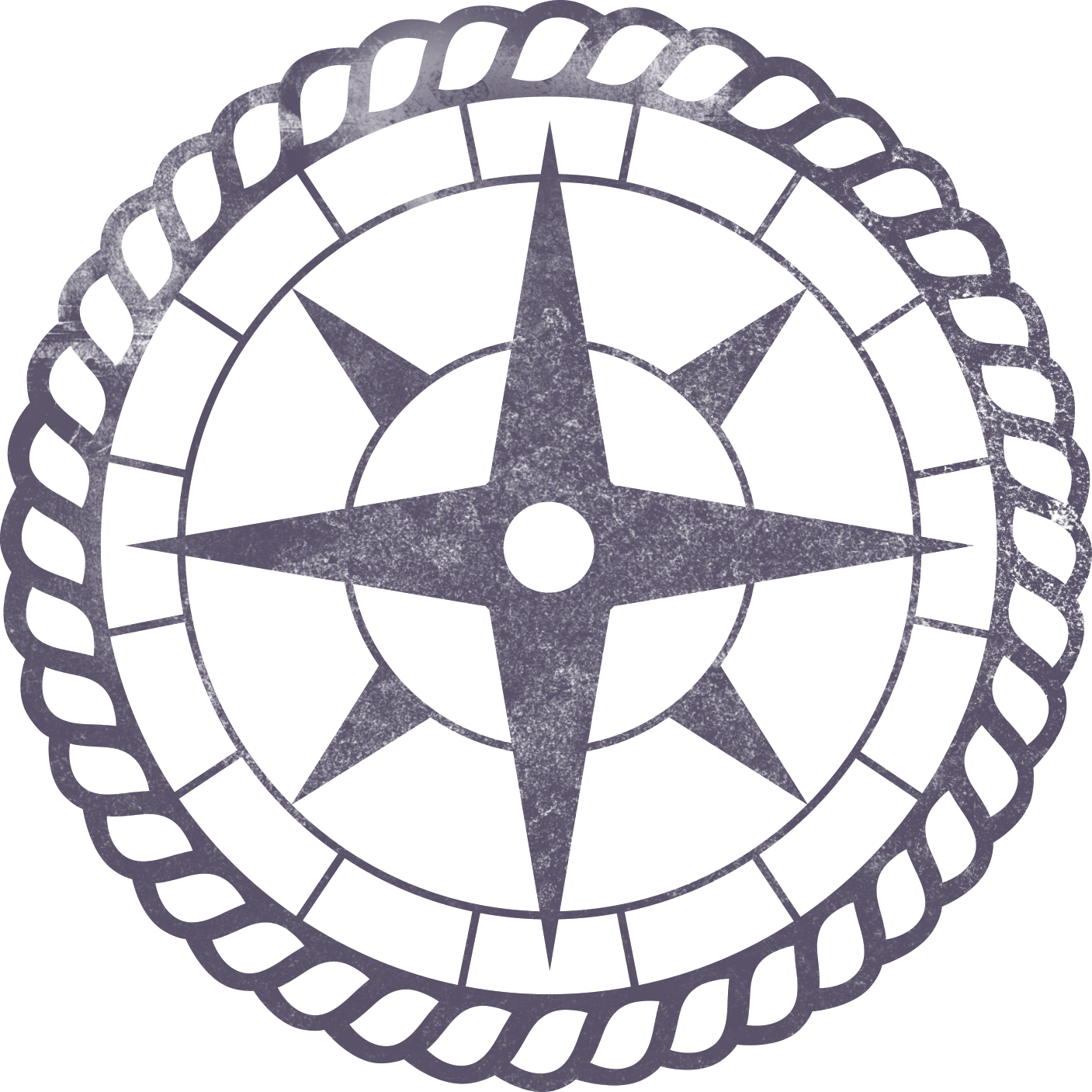This is a common reflection we hear at the Voyageur Outward Bound School. The alumnus goes on to explain a moment that had great impact and stuck with them 5, 10, or even more than 40 years later. Honestly though, they know the change didn’t happen in a moment. They know it happened in a well-crafted series of moments. Whether the course was 5, 7, 22, or 50+ days; these courses do change lives through challenge and discovery.
Our founder Kurt Hahn, one of the most innovative educators of his time, and some would argue even today started Outward Bound in 1941. He knew the importance providing an education beyond academics. He was an educator that understood the importance of a fit, self-reliant, compassionate student who strove for craftsmanship, or what we call mastery in today’s education world. Hahn feared what he called the six declines of youth.
[notification type=”notification_warning_tiny”]Decline of (remember this was 1941):
- fitness, due to modern methods of locomotion
- initiative and enterprise due to the widespread disease of spectator-itis
- memory and imagination due to the confused restlessness of modern life
- skill and care due to the weakened tradition of craftsmanship
- self-discipline due to the ever-present availability of stimulants and tranquilizers
- compassion due to the unseemly haste with which modern life is conducted, or as William Temple called spiritual death.
[/notification]
Bruce Nussbaum, author of Creative Intelligence (2013) reminds us that we are living in an unpredictable world, but we’ve been trained to deal with a world of predictable futures. “Today we are living in an ‘I don’t know’ world where we can’t fathom the problems to come, much less the answers.” So this means today’s youth must grow into their adulthood with skills to solve problems that can’t be predicted and the confidence to take the risks to do so.
In How Children Succeed: Grit, Curiosity and the Hidden Power of Character, Paul Tough shares “What matters, instead, is whether we are able to help her develop a very different set of qualities, a list that includes persistence, self-control, curiosity, conscientiousness, grit, and self-confidence. Economists refer to these as non-cognitive skills, psychologists call them personality traits, and the rest of us think of them as character.” On a Voyageur Outward Bound course, yes, our students learn how to master their canoe stroke in the Boundary Waters Canoe Area Wilderness, or the consequences not listening to the quiet group member who just realized they made a wrong turn, or to reach just a little higher on their climb at Taylor’s Falls to scale the rocks’ face. On course these challenges are very real, however, the course and all that happens during this time is merely the classroom to help our students develop these character, or social and emotional learning, skills to navigate the challenges their lives will present them once they are a graduate of their Outward Bound course.
At the Voyageur Outward Bound School, we believe that there is more in us than we know – and we discover that through the experience of being on-course, outdoors, together.
VOBS programs help people of all walks of life discover the skills that transfer from on-course to off – like the strength of their character, an ability to lead and a determination to serve their community – all with a new found confidence. Our values of compassion, excellence, integrity, and inclusion & diversity, lay the foundation of how we serve and teach our students, whether a young person, a veteran, or an adult. Our courses are designed to teach through the expedition, not for it.
Continue reading the Theory of Change Part 2: The Design.





Well said, Poppy. It is so good to pause and hear the words from our founder which have such relevance today.
This alumnus of 42 summers ago wholeheartedly agrees with the points you made in your article. I still feel the influence and impact of my time at VOBS or MOBS back then. I hope to get back to visit someday.